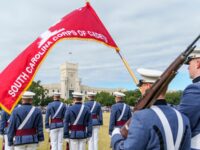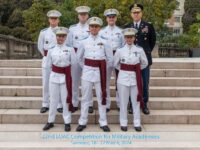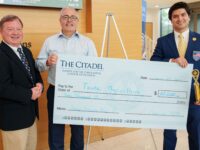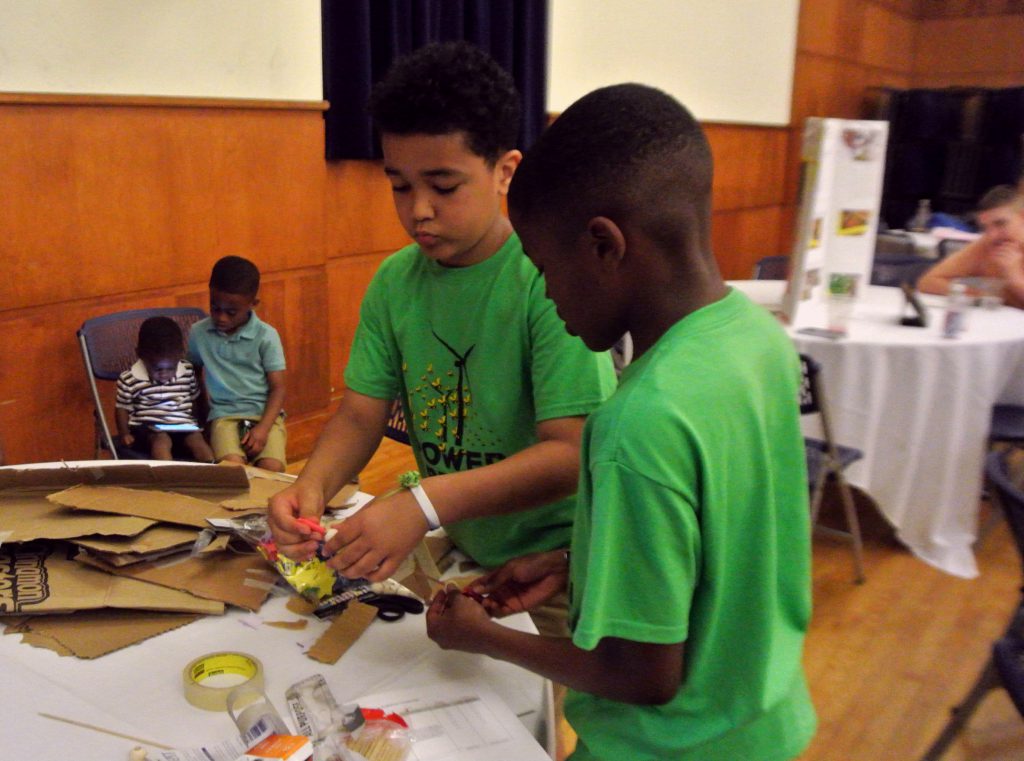
Students across South Carolina are celebrating their hard work and success after taking part in the state’s first-ever KidWind Challenge.
Twenty-five students in grades 4-12 visited The Citadel campus Saturday, May 12 to test wind turbines and solar houses that they researched, designed and constructed as part of the challenge.
The KidWind Challenge is a nationwide competition that introduces students to renewable energy and allows them to use the science, technology, engineering and mathematics (STEM) skills they learn in the classroom in a new and exciting way. Since 2009, approximately 15,000 students have competed in the challenge across 22 states.
Challenge offers national competition entry
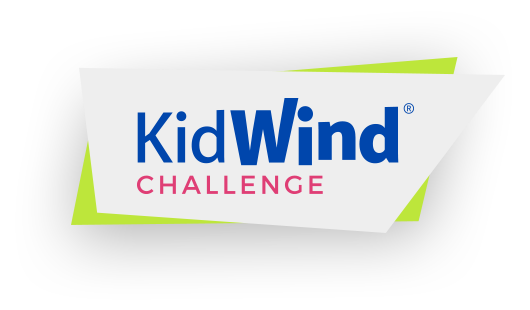 The winning team from the South Carolina competition, which was hosted by The Citadel STEM Center of Excellence, earned a spot in the 2019 National KidWind Challenge in Houston, Texas. The national competition is held during the annual American Wind Energy Association WINDPOWER Conference, one of the largest wind power conferences in the world.
The winning team from the South Carolina competition, which was hosted by The Citadel STEM Center of Excellence, earned a spot in the 2019 National KidWind Challenge in Houston, Texas. The national competition is held during the annual American Wind Energy Association WINDPOWER Conference, one of the largest wind power conferences in the world.
The seven competing South Carolina student teams were split into middle school and high school divisions and were judged on energy produced, overall design, functionality and documentation of design. The panel of judges, which included volunteers from Super Green Solutions and Palmetto Solar, also asked teams general questions about wind and renewable energy to test their knowledge of the subject matter.
The Charleston High Flyers, a group of home-schooled students, took first place in the wind turbine competition and solar house competition for both the high school and middle school divisions and received the entry to the 2019 National KidWind Challenge.
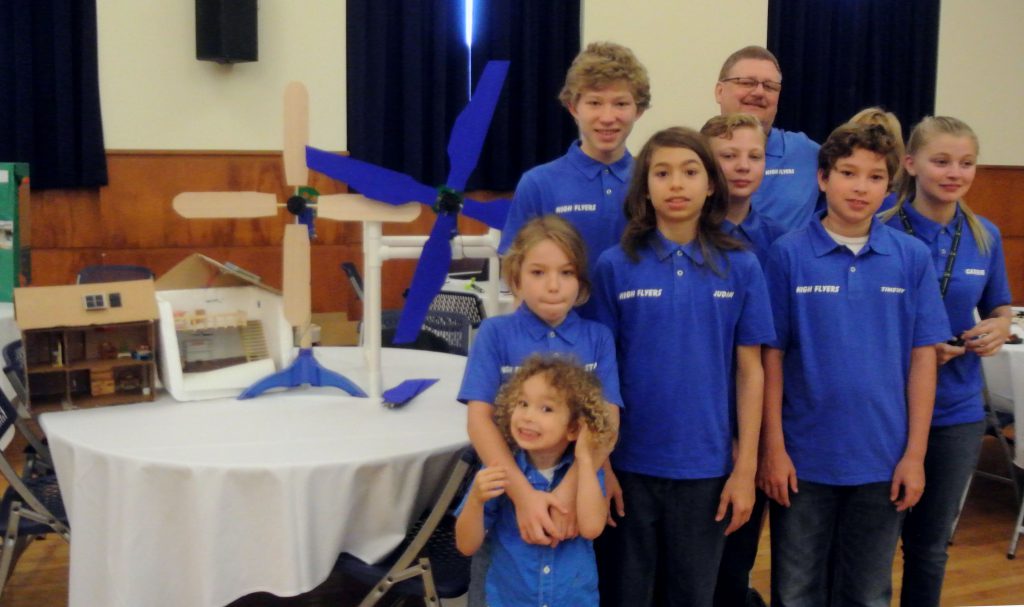
The Wild Wind of Laing Middle School of Science and Technology, along with the High Flyers, received the Judges Award for scores received during separate interviews with the judging panel.
In addition to the wind turbine and solar house competitions, students had the option to participate in two instant challenges, which gauged their on-the-spot engineering and problem-solving skills. The hands-on challenges included building a sail that moved an object farthest in the wind and constructing a fan blade that could also lift a variety of heavy objects.
The Power Bees of Flowertown Elementary took first place in sail construction competition, and the High Flyers won the fan blade competition.
Looking ahead: summer STEM camps
“It was great to see students excited to learn about how STEM can improve and change the world through concepts like renewable energy,” said Jennifer Albert, Ph.D., director of The Citadel STEM Center of Excellence. “Hosting the KidWind Challenge and other student activities on campus has created a great outlet for students to expand on what they are learning in the classroom and see how their knowledge can be applied in the real world.”
The KidWind Challenge is just the beginning of student summer camps at The Citadel. In June, The Citadel is will begin its annual Summer Reading Program to reach Lowcountry students who are reading below grade level.
Additionally, the college will host three weeks of science, technology, engineering, art and mathematics (STEAM) camps as well as a cybersecurity camp offered through a grant provided by GenCyber, which is funded by the National Security Agency (NSA) and the National Science Foundation.

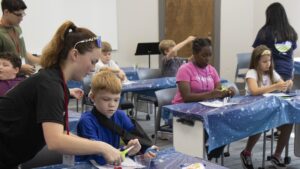 The Citadel’s STEAM Camp takes students on a space adventure with hands-on learning
The Citadel’s STEAM Camp takes students on a space adventure with hands-on learning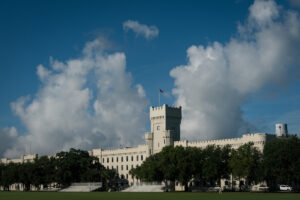 Newest program from The Citadel STEM Center aims to support math education leaders in rural areas
Newest program from The Citadel STEM Center aims to support math education leaders in rural areas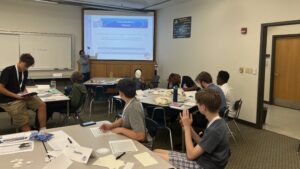 Space and cyber: The Citadel STEM Center to offer local students two unique summer learning opportunities
Space and cyber: The Citadel STEM Center to offer local students two unique summer learning opportunities